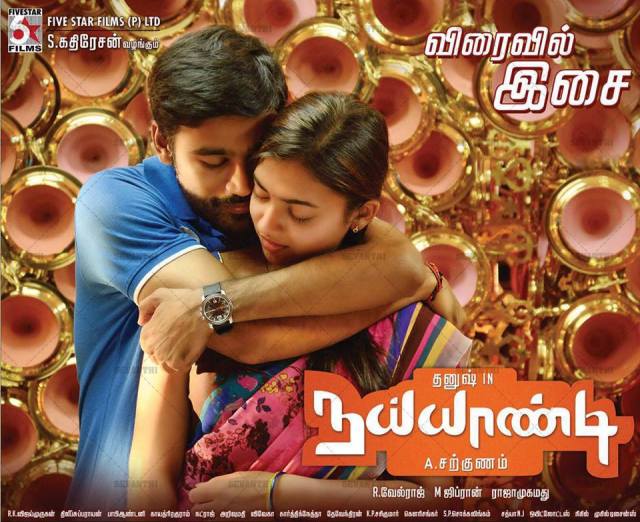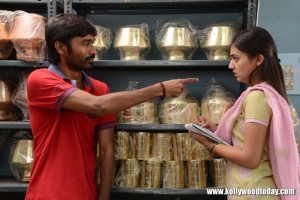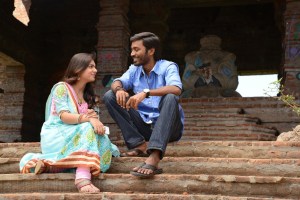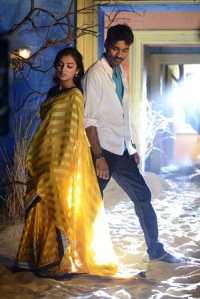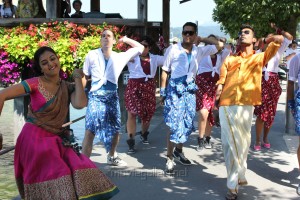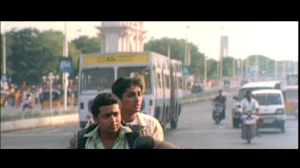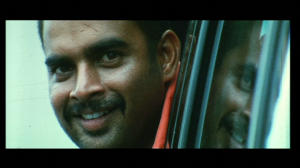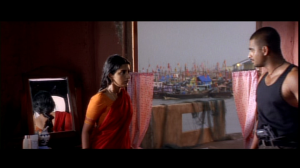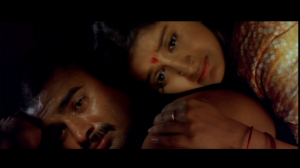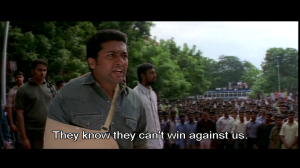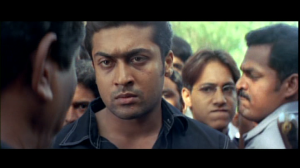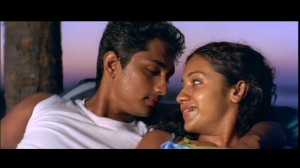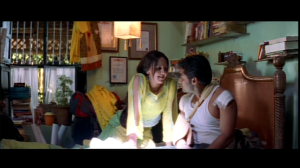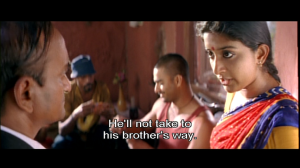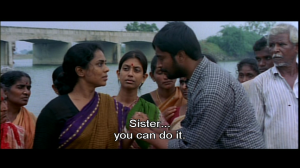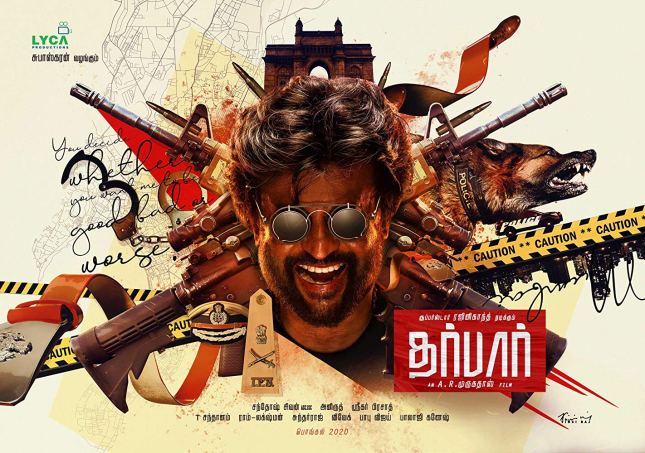
It’s always a major event when a new Rajinikanth film releases and even though I didn’t get to watch Darbar until the second day, the cinema was still packed for the evening show. But the initial excitement, whistles and cheers quickly faded as Darbar failed to engage the audience. I guess for every hit like Kaala, there has to be balance of a Lingaa and despite the star cast, Darbar ends up as a big miss. Individually each member of the cast is good, but the story just isn’t there, and when you add in some dodgy subtitles Darbar is simply very disappointing indeed.
The basic story is that widower and top police officer Aadhithya Arunachalam (Rajinikanth) is appointed as Commissioner of Police in Mumbai and sent to clean up the city. Why Mumbai? I couldn’t see any reason why this wasn’t set in Chennai, unless it was fear that people wouldn’t like the city being a hive of criminal activity. The opening scenes are of gangland style executions as Aadhithya personally rids the city of various gangsters but each of these seems overly simplistic. When we finally get to see Aadhithya it’s in a standard South-hero-introduction-scene™ where he is completely bullet proof, villains only attack either individually or in small groups, and where the sword proves mightier than the gun. It’s all just very meh, and not even the Rajni factor can elevate this into anything cheer-worthy.
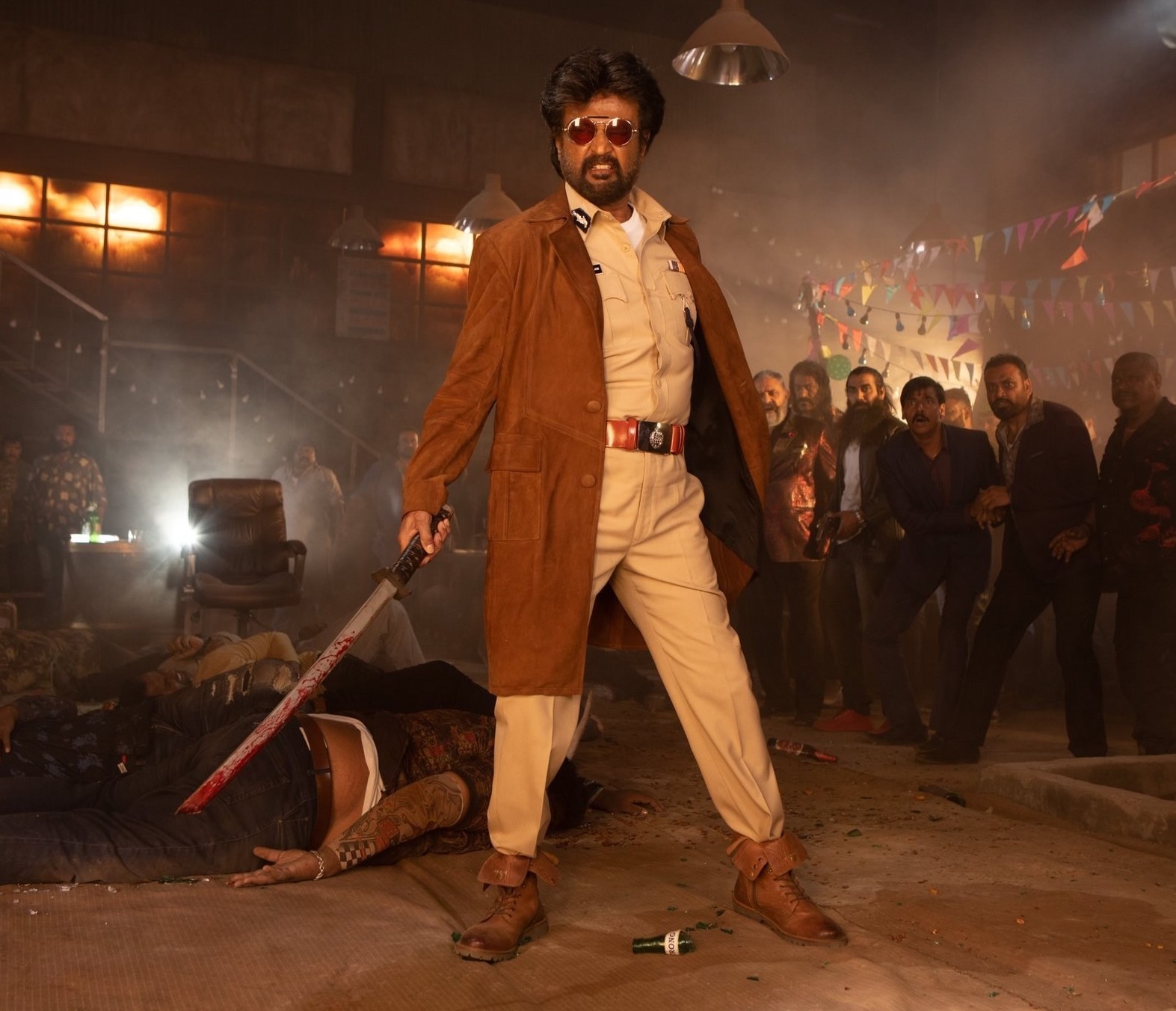
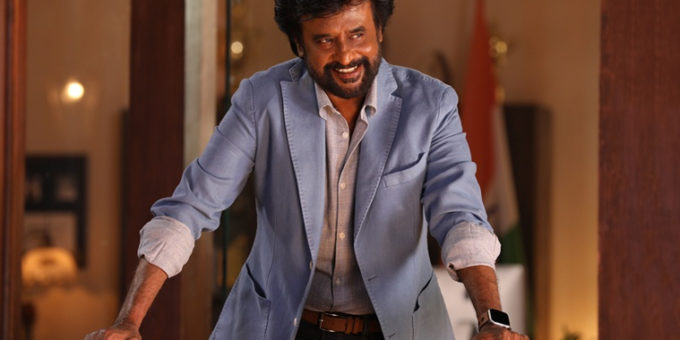
The reason for the bloodbath is revealed and then there is a long flashback that follows Aadhithya’s arrival in the city showing the arrest and subsequent imprisonment of the top criminal Ajay Malhotra (Prateik Babbar). Because of course it’s just one man who controls 90% of the drugs in Mumbai, and naturally no-one else steps in to help the hundreds of addicts seen pleading for help in a ridiculously tone-deaf montage. It’s over-simplified to the extreme with absolutely no depth to the story at all. I seem to say this frequently about A.R. Murugadoss films, but there are good ideas here, it’s just that the execution is very sloppy. Too often there seems to be an assumption that the audience will accept anything just to see their hero in action, but no matter how amazing Rajinikanth is (and he is!) there needs to be a story. With all the slick production values put into the film, it doesn’t make sense that the narrative is badly under-developed with minimal research into some key plot points. Don’t get me started on the medical mis-information here!
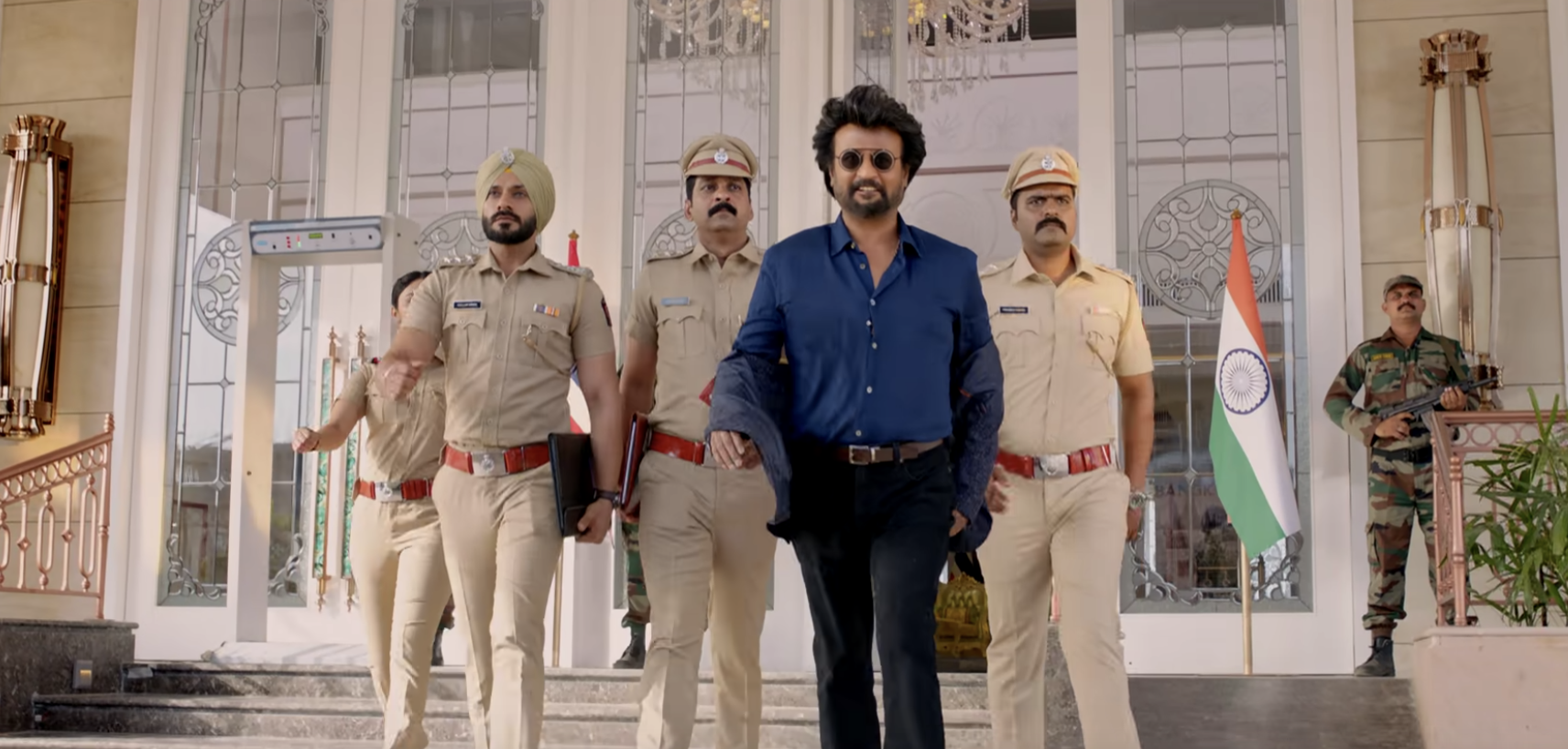
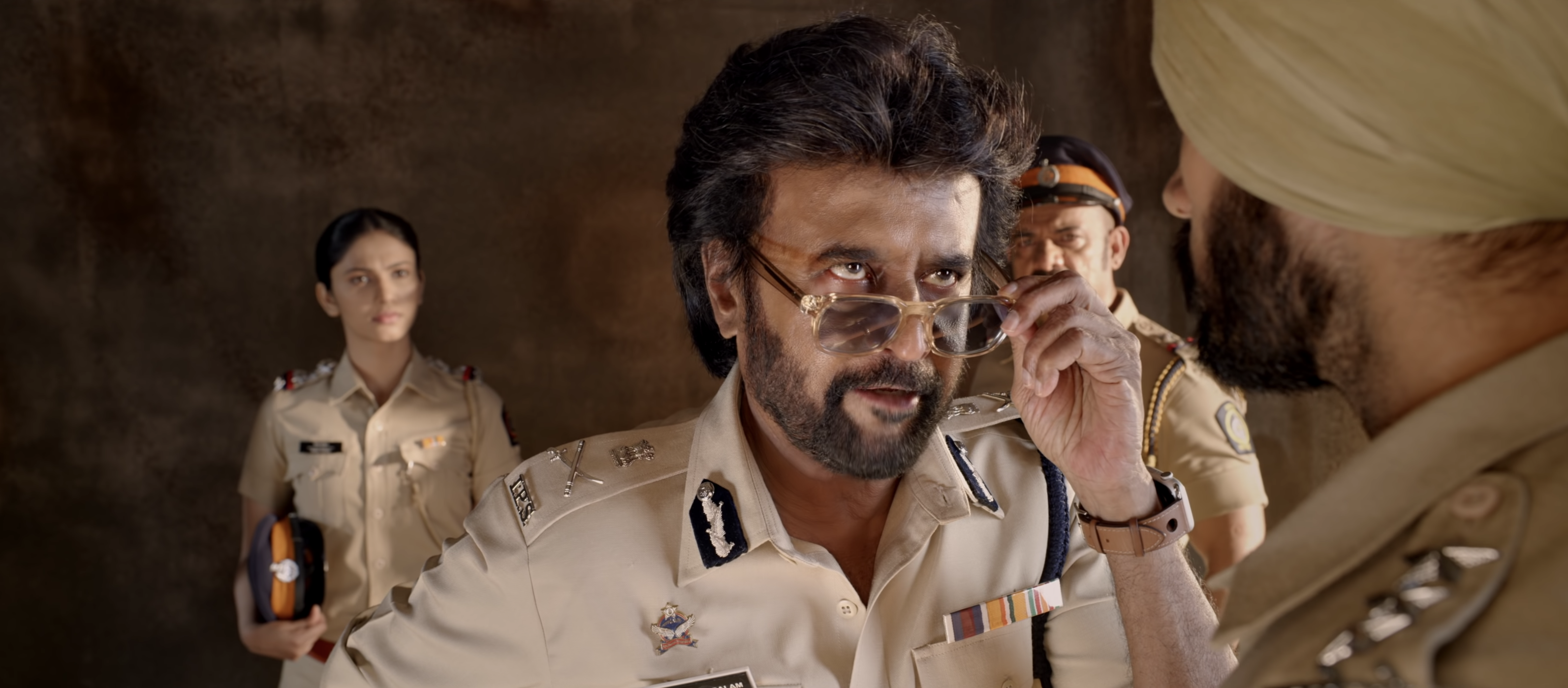
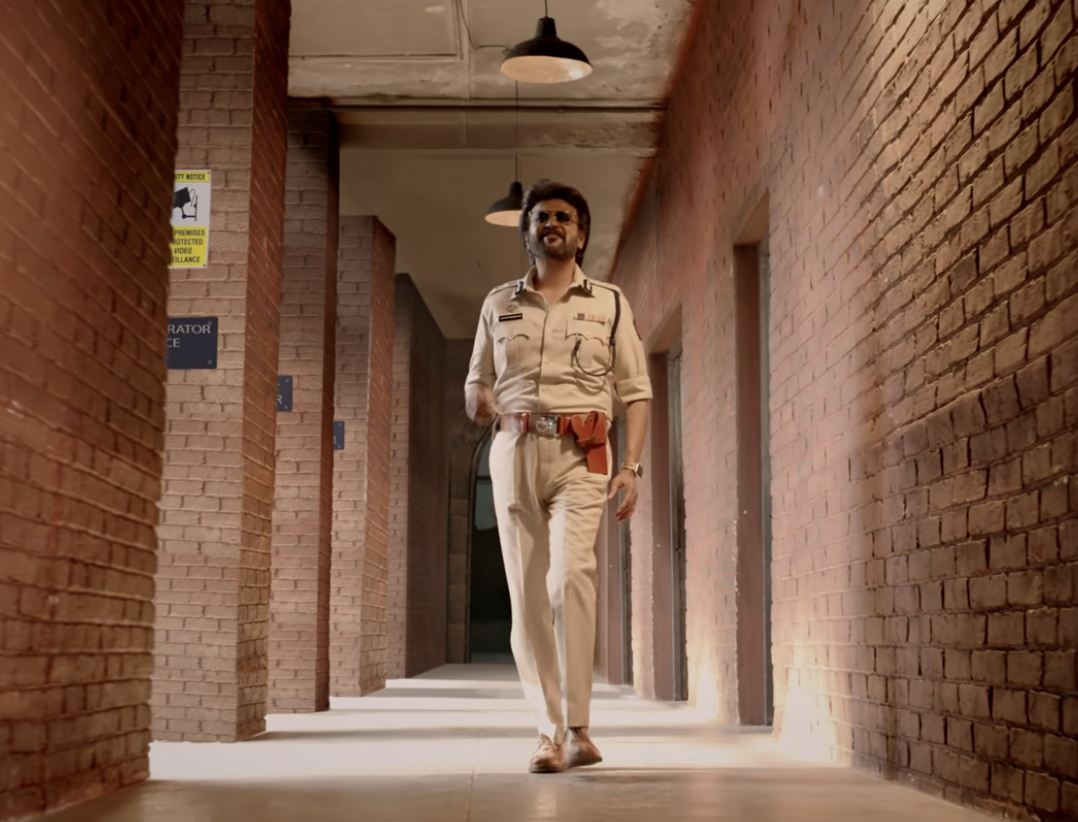
Along with all the usual action sequences, there is a sort-of romance track with Nayanthara, which has some promise but never delivers. Aadhithya wants his daughter Valli (an excellent Nivetha Thomas) to get married, but she doesn’t want him to be left alone and even teases him because he can’t talk to women. So Valli points out this random woman – Lily (Nayanthara) and asks her father to tell her she is beautiful. As the start of a relationship it has to be one of the lamest I’ve seen, and from this unpromising start, the whole romance never gets any better. There is an interesting arc though where Lily reports the creepy man who is following her (Aadhithya), and then later Lily’s cousin (Sriman) has a frank conversation with Aadhithya about the age difference. This is actually well done, but sadly doesn’t evolve any further which I think is a real missed opportunity. For her part, Nayanthara glides through the film looking stunning but also a bit of a fish out of water as her character doesn’t fit well into the storyline at all.
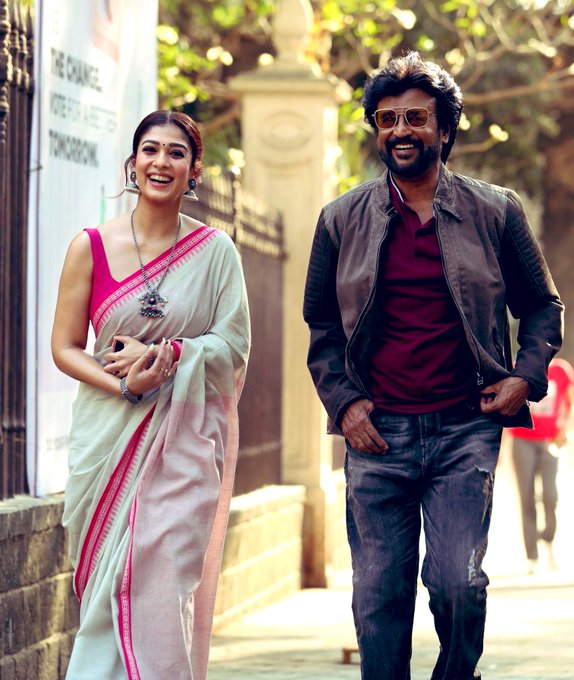
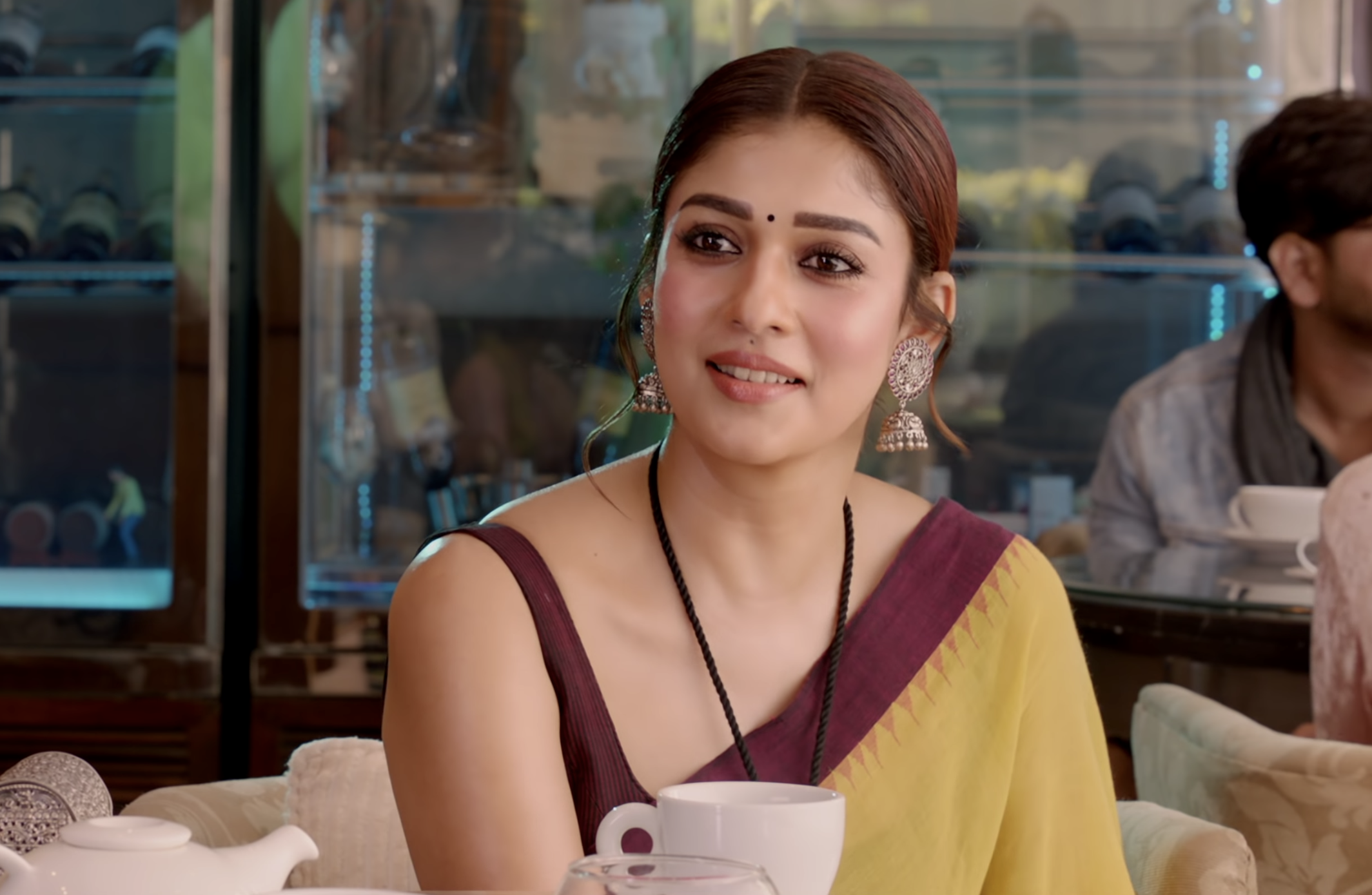
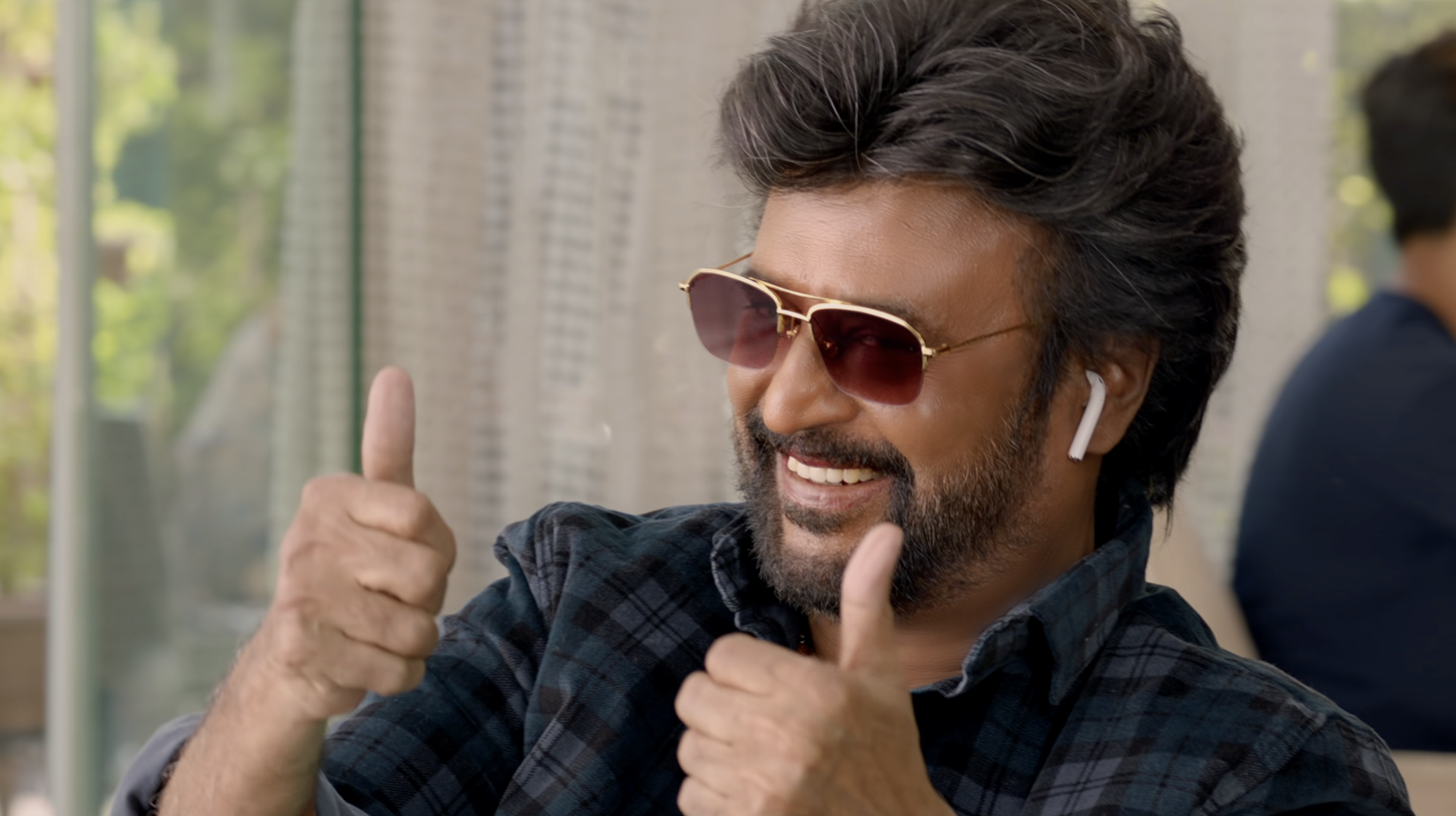
Nivetha Thomas has the better role as Aadhithya’s daughter, and she brings personality and warmth to the role. Her interactions with Aadhithya feel genuinely those of a father and daughter, and she ensures that Valli’s part in the story does make sense. I really like her here and the scenes between Nivetha and Rajinikanth develop their relationship and bring a human face to the otherwise formulaic action-hero-cop persona of Aadhithya. Rajni too is great in these scenes, and I would have liked more of these emotional moments which could have been used to develop the story, instead of adding the pointless romance.
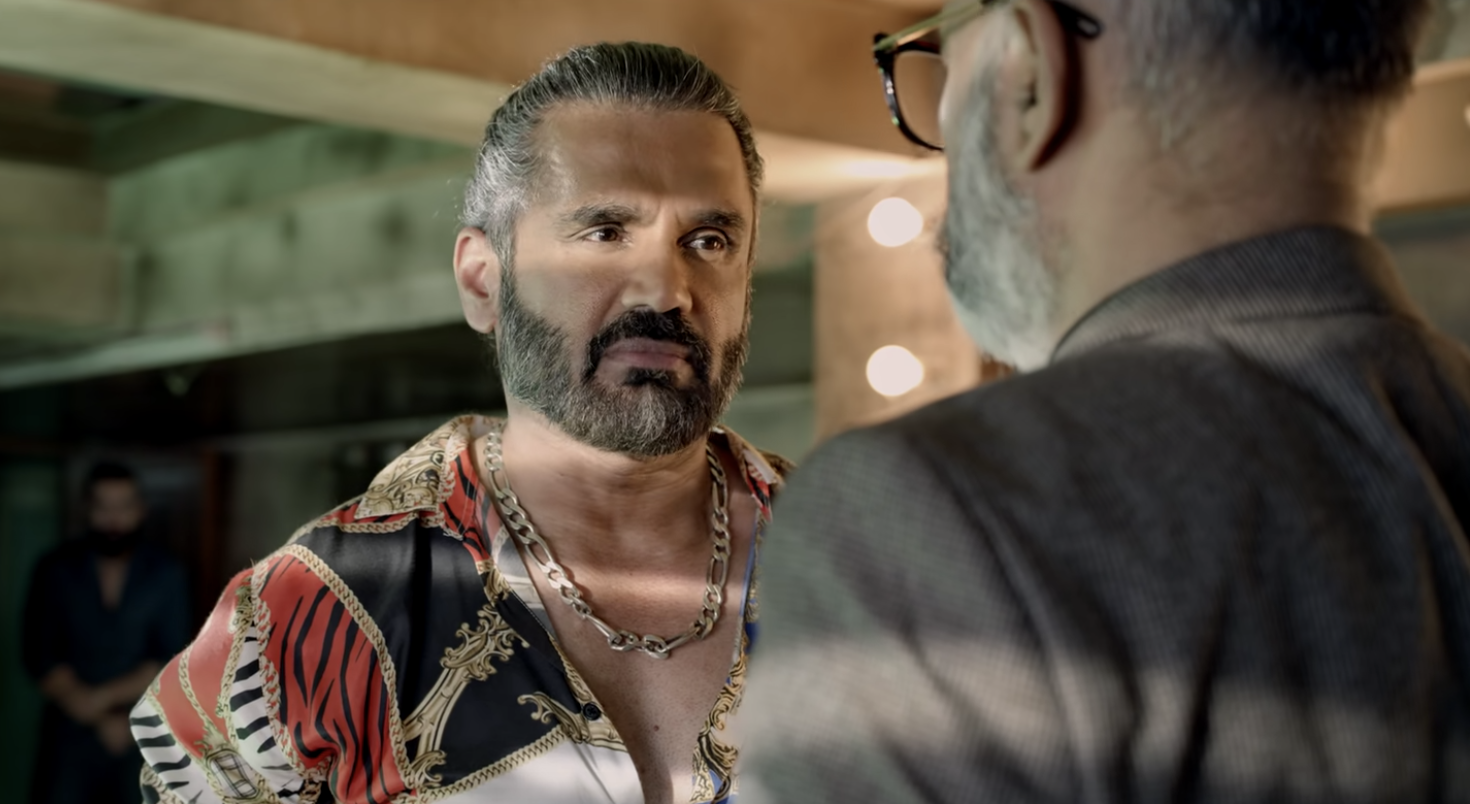
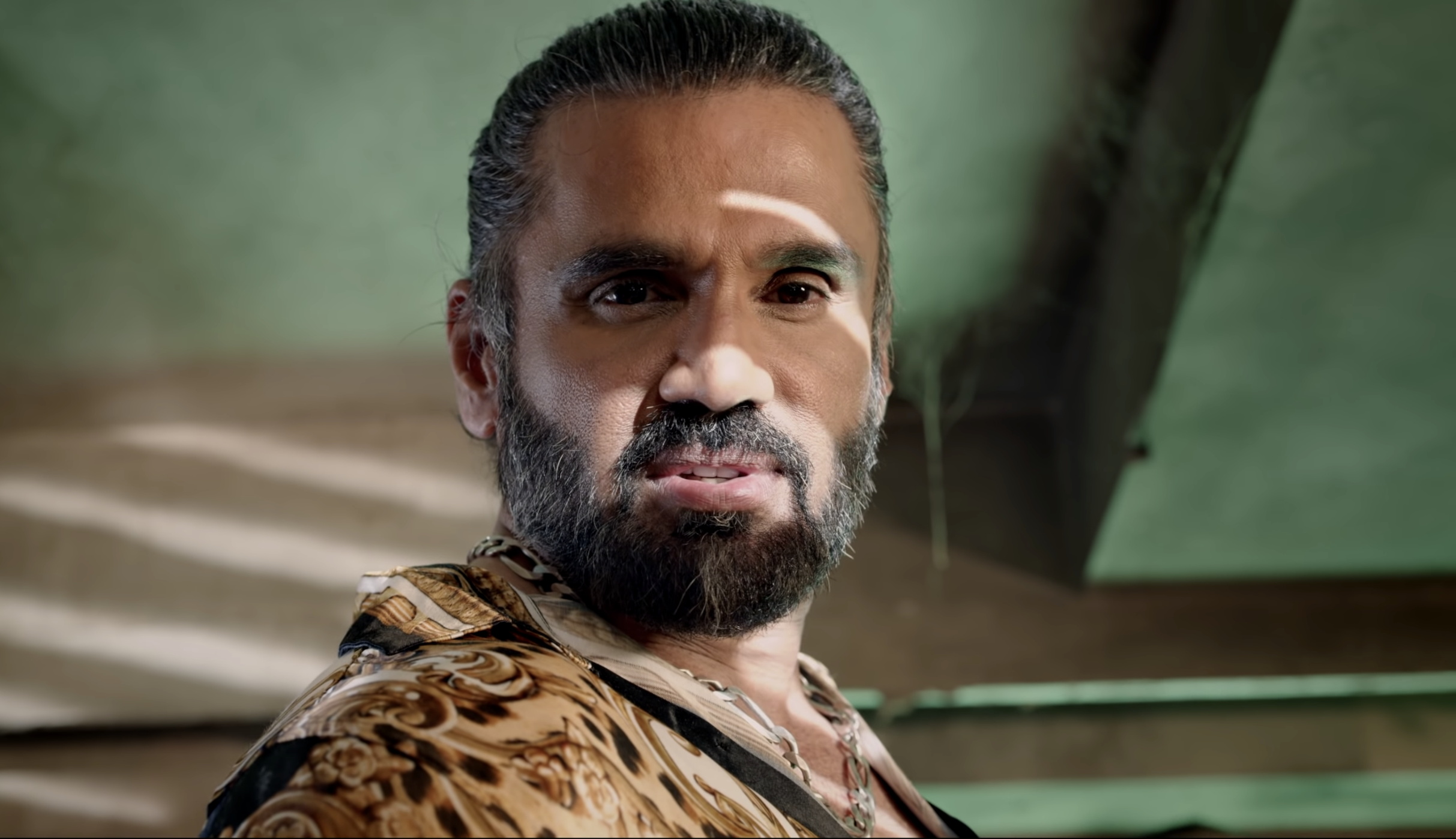
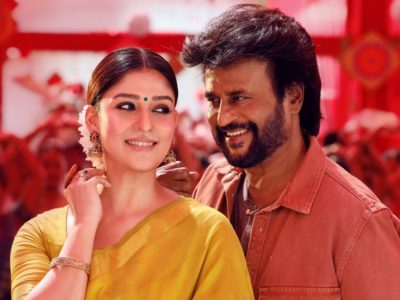
Also problematic is the villain, Hari Chopra (Suniel Shetty). Suniel Shetty is usually a pretty good villain – he has the sneer down pat and I’ve seen him generate a convincing aura of evil even if he doesn’t have the sheer physicality of some of the other classic bad guys. But he is totally wasted here. His introduction scene is pathetic and seems to be out of a gangster film for kids. I have no idea why he was supposed to be such a big shot, apart from the repeated reference to burning a police station some 20 years previously. Again, there are some good ideas thrown in when Hari first gets back to India and starts his campaign against the police, but all of this is weakened by some nonsense byplay with a knife and then completely destroyed by the ridiculous finale. Nawab Shah is reasonably good as Vijay Malhotra, the father of Ajay who is willing to go to any lengths to save his son, but the rest of the villains are faceless and are mostly of the rent-a-thug variety. Interestingly, they all seem to prefer loudly patterned shiny synthetic shirts which I did appreciate as a distinctive style choice for crooks.
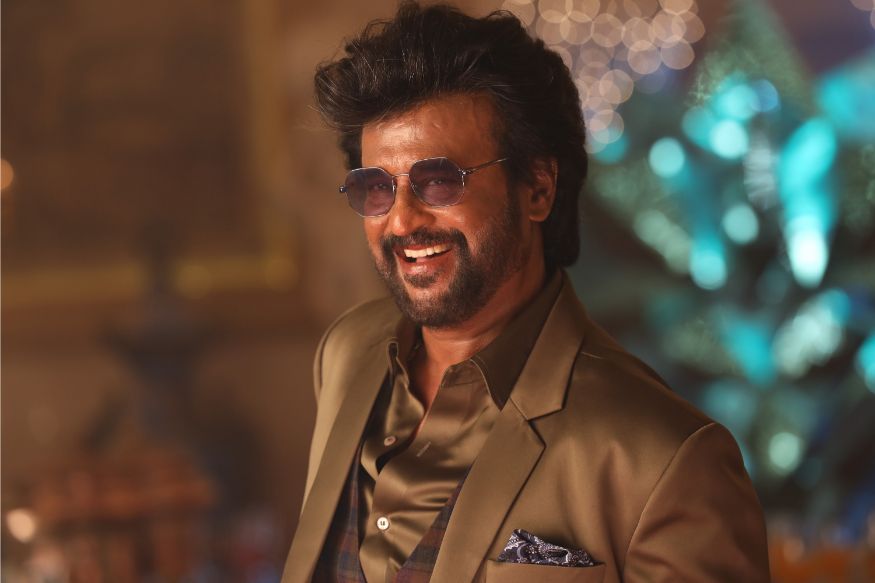
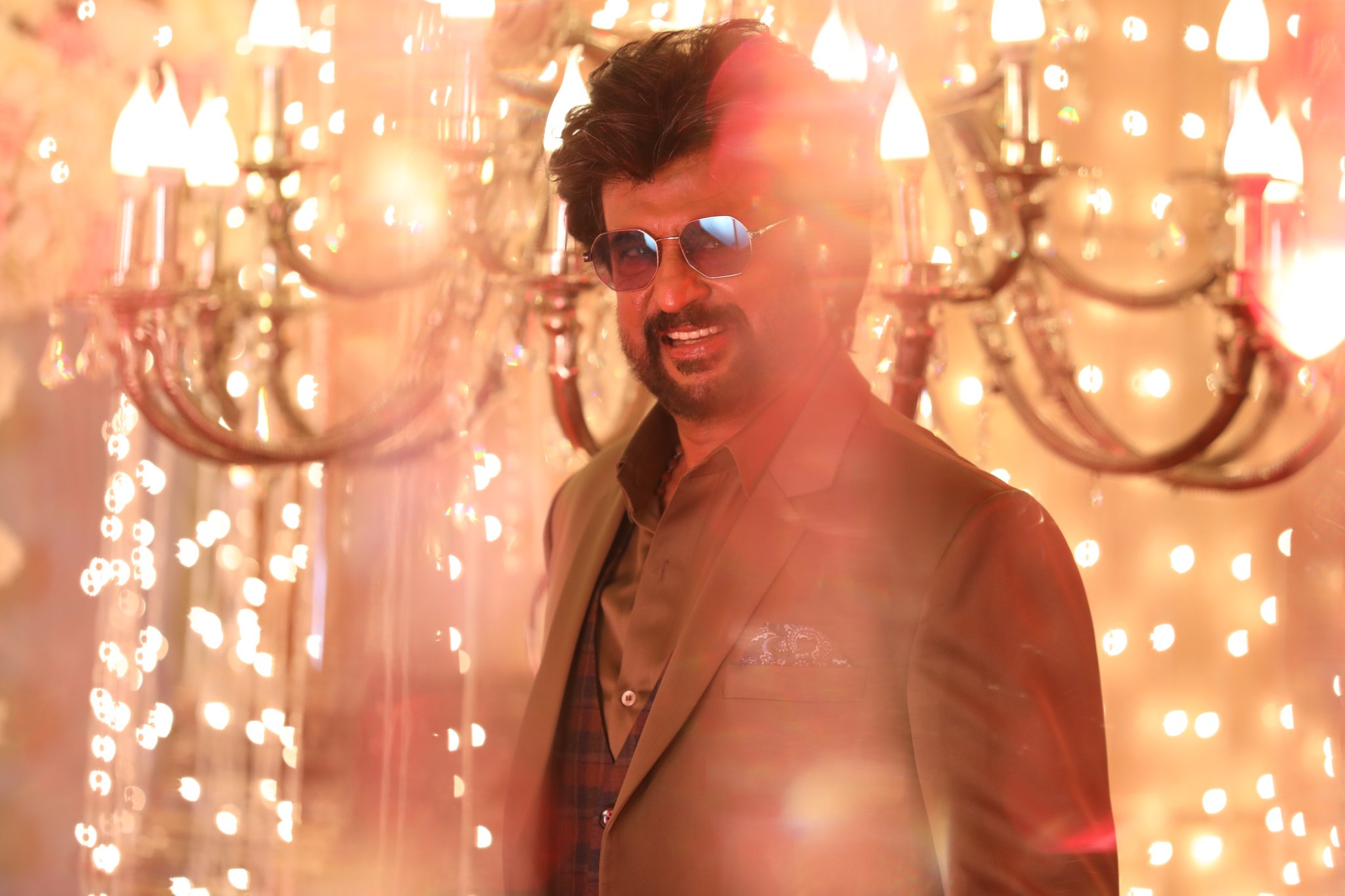
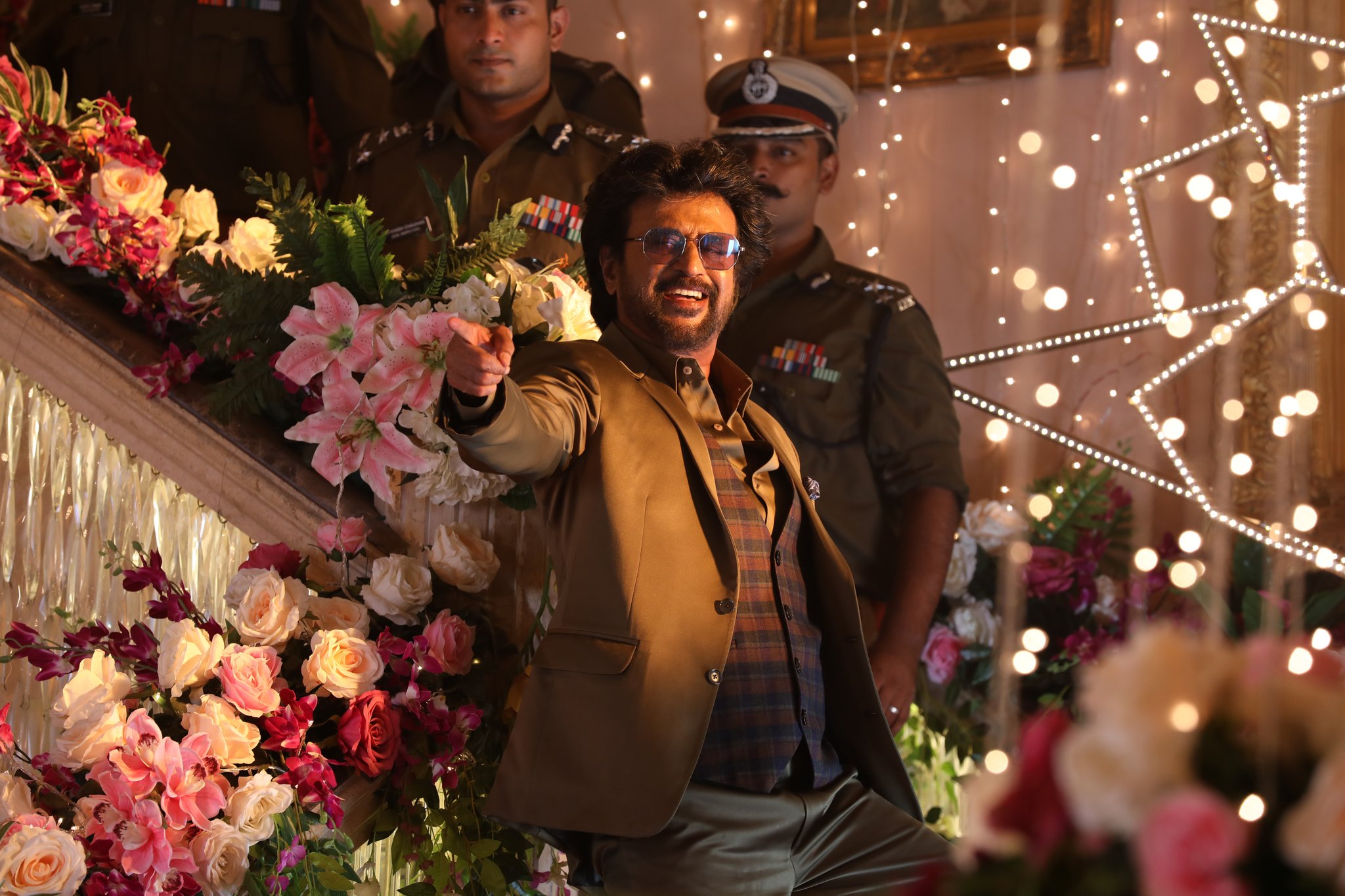

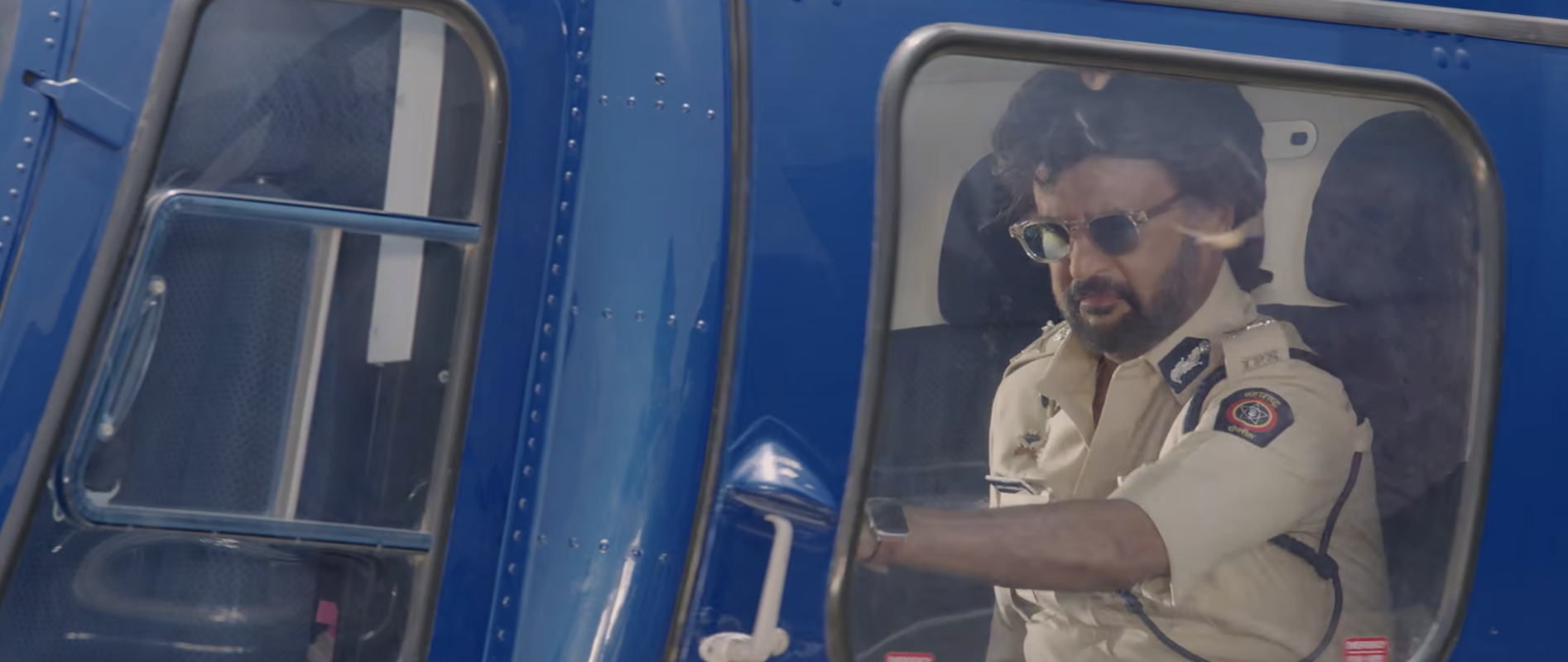
The best part of the film is undoubtedly Rajinikanth, and he strides across the (many) plot-holes with panache, charisma and charm. He’s wonderfully engaging to watch and his supreme confidence is always fun, but there is too much reliance on his hand gestures, sunglasses and winning smile. Yes, he’s excellent, but without good dialogue and a convincing narrative, the film is simply a series of set pieces that could be slotted into any other Rajinikanth film. Still, the action sequences are beautifully shot by Santosh Sivan, Rajinikanth looks awesome throughout and the music is good, although Anirudh’s background score is more memorable than most of the songs. I did enjoy the choreography for these but the subtitles for the songs were dreadful! Some are totally incomprehensible (I suspect too literal translations) and I’m looking forward to the film streaming to screencap a few for Paagal Subtitle. It’s baffling to me how such a big production can fail to deal with essential basics like subtitles for an OS release.
I didn’t have great expectations from Darbar, but the film turned out to be more disappointing than expected. I’m glad I watched it in the cinema with a room full of like-minded fans, but I am frustrated by the apparently careless approach to the story. Come on Tamil cinema, Rajinikanth fans expect better!
